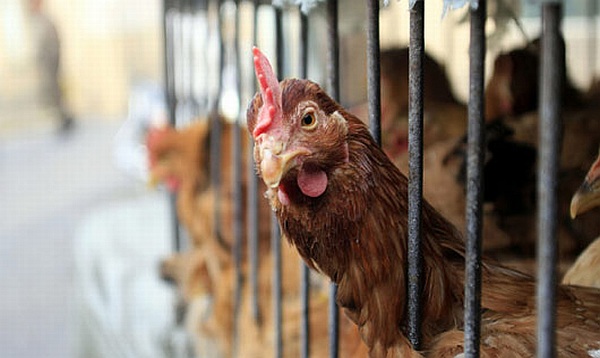Jalisco, Mexico - Officials have slain 2.5 million birds at poultry farms in western Mexico over the past three weeks in an attempt to contain a bird flu outbreak, according to the agriculture ministry.
The virus responsible for Mexico's current bird flu outbreak, H7N3, has occasionally caused human disease in various parts of the world, according to the United Nations, but has not shown itself to be easily transmittable between humans.
Officials said they have visited 148 poultry farms. Of those, bird flu was found in 31 farms, while 34 came up negative and results for the remainder were pending.
Of the 3.4 million affected poultry, "the number of birds that have been sacrificed as a control and eradication measure is 2.5 million," the ministry said in a statement.
The outbreak was first detected on June 20th in Jalisco, and the government declared a national animal health emergency on July 2nd in the face of the aggressive epidemic.
After importing one million vaccines from Pakistan, the farming officials said they have developed a seed-based vaccine that they will deliver to four laboratories to produce over 80 million doses initially.
Health officials keep a close watch on such outbreaks since so-called swine flu broke out in Mexico in 2009. The H1N1 virus spread into a global pandemic that claimed the lives of 17,000 people.


